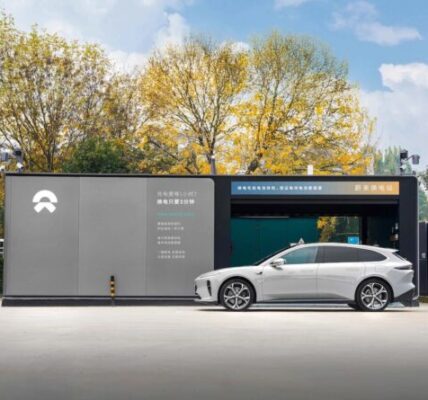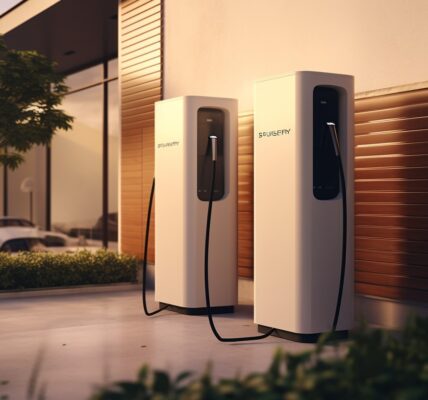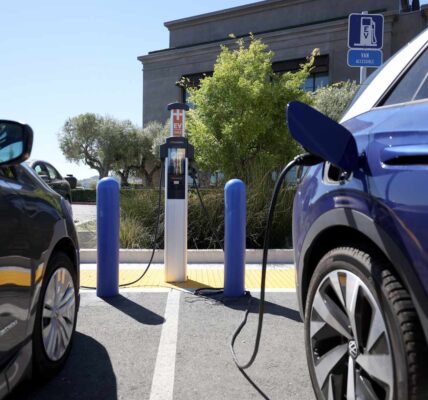Mitsubishi Chemical Group Targets EV Batteries, Semiconductors with Pair of Expansion Projects
The Mitsubishi Chemical Group (MCG; Tokyo) has announced two capacity expansions at its production sites in Japan in response to growing demand for semiconductor materials and lithium-ion batteries.
In the first project, MCG will increase its production capacity of a synthetic silica powder used in the semiconductor manufacturing process at the Kyushu-Fukuoka Plant (Kitakyushu City, Fukuoka Prefecture). Operations are scheduled to start in September 2028, with a 35% increase over current production capacity. This synthetic silica powder is characterized by its ultra-high purity, and is employed as a raw material for quartz crucibles used in the production of semiconductor silicon (ingots) and for high-purity quartz parts in semiconductor manufacturing equipment. The surface of the quartz crucible must be extremely pure, particularly during the ingot manufacturing process, to prevent the inclusion of impurities that can significantly degrade wafer quality.
The second expansion focuses on anode materials for lithium-ion batteries used mainly in electric vehicles (EVs) at MCG’s Kagawa Plant (Sakaide, Kagawa Prefecture), with the expanded operations scheduled to start in October 2026. The expansion should increase production capacity at the site to 11,000 metric tons per year (m.t./yr). Anode material, one of the principal materials used in lithium-ion batteries, is made from natural or synthetic graphite.
MCG’s products are made from natural graphite, which has a low GHG-emission manufacturing process and which enjoys certain advantages in terms of lifecycle assessment. Furthermore, the group has utilized new proprietary technology to develop a grade that exceeds the performance of synthetic graphite by constraining swelling that affects battery life, which has previously been an issue with natural graphite.








